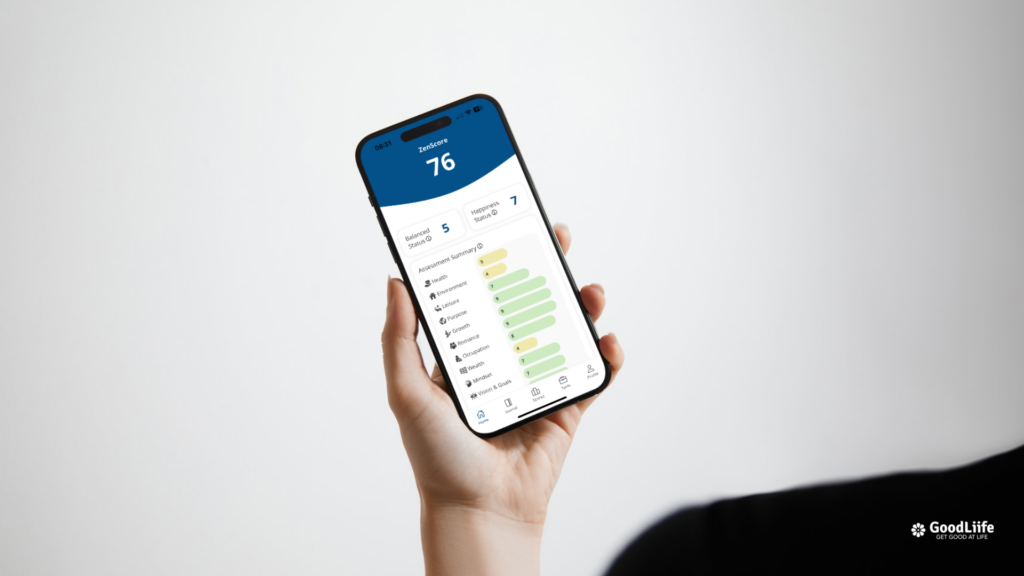Life coaching is a rewarding career that allows you to guide individuals toward personal growth and success. To stand out in the industry, obtaining proper training and certification through accredited life coach courses can enhance your skills, credibility, and business opportunities. This guide highlights the best programs for aspiring and experienced coaches looking to elevate their coaching practice.
Why Enroll in a Life Coach Course?
While life coaching is an unregulated industry, certification from a reputable program can provide several advantages:
- Credibility & Trust: Clients are more likely to choose certified coaches over uncertified ones.
- Professional Training: Gain essential coaching techniques, psychology-based strategies, and ethical guidelines.
- Business Growth: Many programs offer business-building modules to help you attract and retain clients.
- Networking Opportunities: Join professional coaching communities and access valuable resources.
What to Look for in a Life Coaching Course
When selecting a life coach course, consider these key factors:
- Accreditation: Ensure the program is accredited by reputable organizations such as the International Coach Federation (ICF) or the Center for Credentialing & Education (CCE).
- Course Format: Choose between online, in-person, or hybrid learning options.
- Curriculum: Look for programs covering core coaching competencies, communication skills, and business training.
- Cost & Duration: Select a course that fits your budget and timeline.
- Certification Level: Some courses offer introductory certifications, while others provide advanced credentials like the PCC (Professional Certified Coach) or MCC (Master Certified Coach).
Best Accredited Life Coach Courses
Here are some of the top life coach courses for training and certification:
1. Institute for Professional Excellence in Coaching (iPEC)
- Accreditation: ICF-Approved
- Format: Online and in-person
- Cost: $7,000 – $12,000
- Duration: 6-12 months
- Key Features:
- Focus on energy leadership coaching
- Business development training included
- Offers a Certified Professional Coach (CPC) credential
2. International Coach Academy (ICA)
- Accreditation: ICF-Approved
- Format: 100% Online
- Cost: $3,500 – $7,500
- Duration: 6-18 months
- Key Features:
- Self-paced and flexible learning
- Global coaching network
- Personalized coaching methodology
3. Certified Life Coach Institute (CLCI)
- Accreditation: ICF-Accredited
- Format: Online, Live Virtual Sessions
- Cost: $1,000 – $3,000
- Duration: 3-5 Days
- Key Features:
- Fast-track certification
- Covers foundational coaching principles
- Ideal for beginners looking for quick entry into the field

4. Coach Training Alliance (CTA)
- Accreditation: ICF-Accredited
- Format: Online
- Cost: $3,500 – $5,000
- Duration: 6 Months
- Key Features:
- Interactive coaching labs
- Business and marketing support included
- Small group learning environment
5. Health Coach Institute (HCI) – Life Coach Certificate
- Accreditation: ICF-Approved
- Format: Online
- Cost: $5,000 – $7,000
- Duration: 6-12 Months
- Key Features:
- Holistic approach with wellness coaching
- Business and marketing support
- Peer coaching opportunities
6. Harvard University – Leadership Coaching Strategies
- Accreditation: Non-ICF, but highly recognized
- Format: Online (Live Sessions)
- Cost: $5,000 – $7,500
- Duration: 3 Months
- Key Features:
- Ideal for professionals in leadership and executive coaching
- Focus on organizational and personal coaching
- Certificate from Harvard University
7. Center for Credentialing & Education (CCE) – Board Certified Coach (BCC)
- Accreditation: CCE-Certified
- Format: Online
- Cost: $3,000 – $6,000
- Duration: Varies
- Key Features:
- Designed for professionals with psychology or counseling backgrounds
- Emphasizes evidence-based coaching techniques
How Life Coach Courses Help You Build a Thriving Practice
Completing a life coach course equips you with:
- Proven coaching methodologies
- The confidence to guide clients effectively
- Business and marketing strategies to attract clients
- Ethical frameworks to maintain professionalism
The Role of the GoodLiife Score in Coaching Success
One innovative tool that life coaches can leverage is the GoodLiife Score. This system provides valuable insights and measurable data to enhance coaching outcomes.

Benefits of the GoodLiife Score for Life Coaches:
- Client Assessments: Helps coaches evaluate areas of improvement and strengths.
- Progress Tracking: Monitors goal achievements and milestones.
- Accountability Features: Keeps clients engaged and committed to their growth.
- Data-Driven Results: Provides tangible proof of coaching effectiveness.
- Enhanced Client Retention: Encourages clients to continue their coaching journey based on visible progress.
By incorporating the GoodLiife Score into your coaching sessions, you can increase client satisfaction, build a reputable coaching business, and differentiate yourself in the competitive market.
Conclusion
Enrolling in an accredited life coach course can significantly boost your career by enhancing your skills, credibility, and business success. Whether you choose a fast-track certification or an in-depth training program, selecting the right course is essential to your growth as a coach.
Additionally, leveraging tools like the GoodLiife Score can help you track client progress and provide measurable coaching outcomes, making your practice even more impactful. Investing in professional training and modern coaching tools will set you apart and ensure long-term success in the life coaching industry.

Leave a Reply